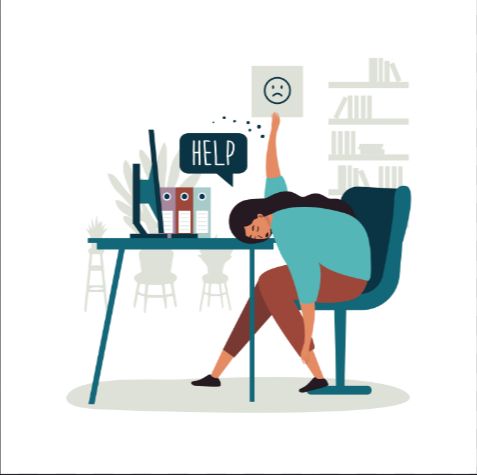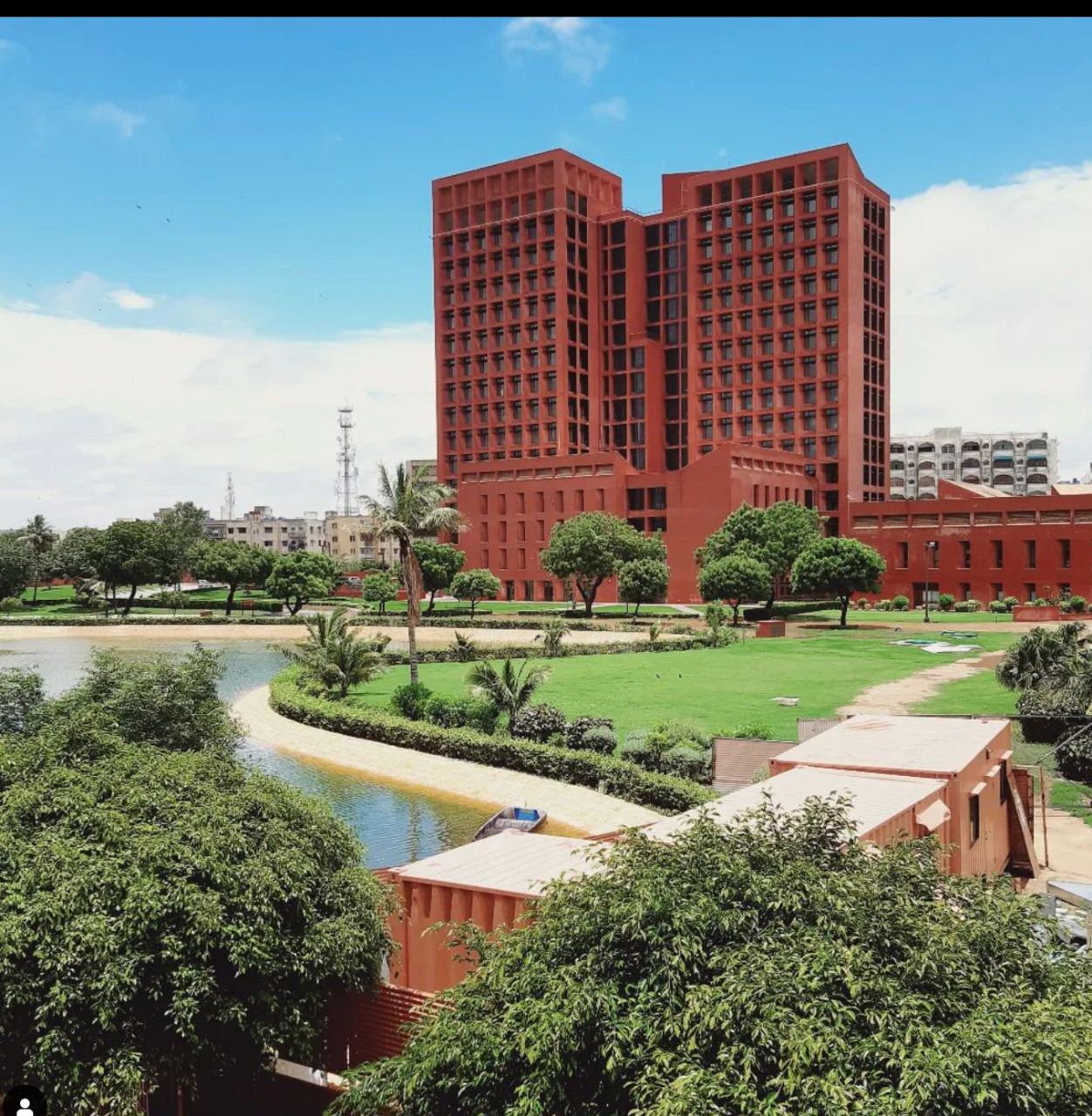

Taha Anwar Ali
24th June 2025 · 7 min read


As a medical student, you'll quickly discover that while the journey is enriching, it's also incredibly demanding. The rigours of medical school, combined with academic pressures and emotional and physical stress, can take a significant toll on your mental health. The relentless hours of studying, exams, and clinical training won’t be very helpful either.
“Ok, but is this not part of becoming a doctor?” you might ask. Well…..yes and no. While it is true that an extreme amount of stress and studying is expected on this path, that still does not change the fact that carrying an ever-increasing burden on your back is unhealthy. This accumulating mental burden will eventually build up and creep past its tipping point, eventually leading to a condition known as Burnout.
Burnout is a psychological syndrome emerging as a prolonged response to chronic interpersonal stressors on the job. The three key dimensions of this response are overwhelming exhaustion, cynicism, detachment from the job, and a sense of ineffectiveness and lack of accomplishment. (Maslach et al 2016). Exhaustion, cynicism, and a lack of accomplishment are quite a few things that all sound rather familiar. That may be because many, if not most, medical students experience these at some point in their journey, if not throughout it altogether. While the lethargy and lack of will to keep going are a completely understandable effect of the syndrome above, that does not change the fact that it can cause one to lag in their studies, thus comprising one’s ability to effectively maintain a healthy work-life balance along with their desired academic goals.

Feelings of physical and emotional drainage, emotional detachment from things you once loved, feelings of incompetency or uselessness, as if you aren’t good enough, alienation, desensitisation, and cynicism are all signs of burnout. If you experience one or more of these on a day-to-day basis, there is a strong chance you might be suffering from this syndrome.
Admittedly, recognising burnout can be difficult unless you have heard of it before. I first went through it while preparing for my Professional Exams. The endless all-nighters, coupled with an excessive workload and little to no sleep, finally took its toll, and one day I just crashed. I was stretched thin, exhausted, ready to give up, with little to no motivation to continue. I lost the will to study and enjoy any of my passions. I didn't feel like hanging out with my friends or doing anything. This continued for a few days. I felt disassociated from reality as if nothing I was doing mattered, and I didn't know why I felt that way. It wasn't until I told a senior of mine about what I was going through that I was able to find out that I was suffering from the aforementioned syndrome.

Prioritise Self-Care:
Manage Time Effectively:
Seek Support:
Set Boundaries:
Practice Mindfulness and Relaxation Techniques:
Take Breaks and Time Off:
Schedule Your Studying:

Learning how to deal with my burnout effectively took me quite a bit of time. It took months of therapy, soul searching, and reorganisation until I could finally manage myself in a way that allowed me to keep up with my studies and my personal life. However, none of that would have been possible if I hadn't reached out and asked for help.
In conclusion, it’s vital to recognise that our struggles aren’t unique as medical students. Almost everyone faces burnout; it's a collective mountain we climb as part of the medical community. No matter where you are on this journey, you're not alone if you're experiencing burnout. Support is available, and building resilience is possible. You can push through emotional exhaustion, depersonalisation, and feelings of diminished achievement. Let's embrace our medical journey—one rich with passion, resilience, and perseverance.
/Understanding the burnout experience: recent research and its implications for psychiatry/ (Maslach & Leiter, 2016)
Hello, I'm a second-year medical student at Ziauddin University who loves diving into a good book and participating in various sports. When I'm not studying or in the field, you can find me exploring new topics in medicine, engaging in lively discussions with peers, and staying active in my community. I'm excited to connect with fellow students and professionals, exchange knowledge, and contribute to the ever-evolving world of healthcare. Let's embark on this journey of discovery and growth together!
Here are a few more recommendations we think you'll like!







Your all-in-one platform for MDCAT and other medical entry tests preparation. With over 130,000 questions and detailed explanations, we're here to help you ace your exams and achieve your dreams.
